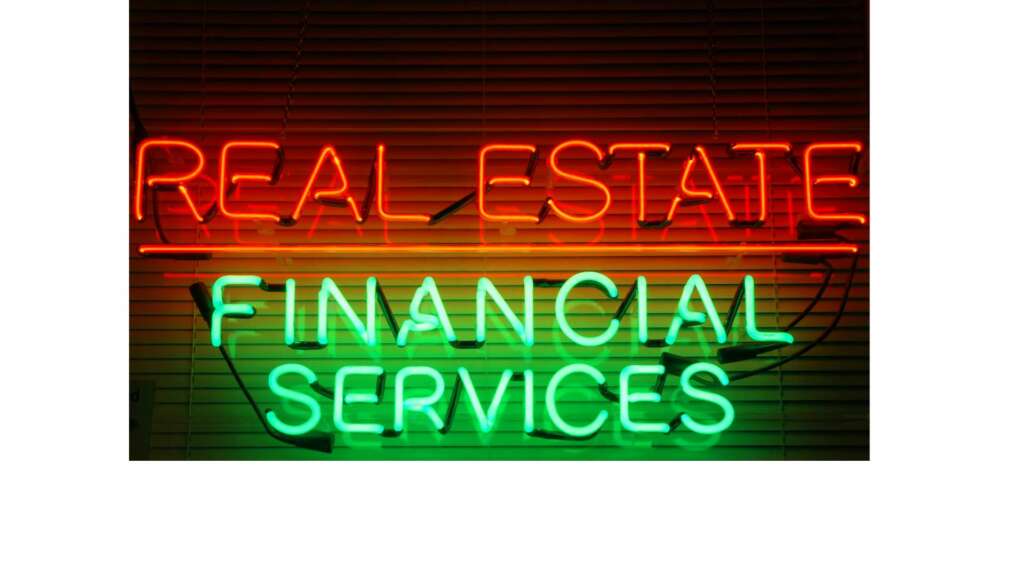
Leverage is a term that is used when the amount of money you are borrowing is greater than the amount you have in your pocket. In this case, you are “leveraging” the amount of capital that you are putting up against it. In other words, you are actually borrowing more money than you can actually pay back.
In real estate and other types of leveraged finance, leverage is a method by which an investor is able to borrow more money than they are paying back in the loan. In leveraged finance, leverage is the use of debt with the hope that the additional interest on the debt will offset the additional tax that will be paid on the loan, thereby bringing more equity to equity holders in the transaction. The reason for this is that if the loan is secured against the equity in your home, the interest on that loan will probably be tax deductible.
So, you are able to borrow a higher amount of debt, and you have more debt that you need to pay back. Then, you are paying off that debt with interest. As you pay off your debt, you start accumulating interest. However, it will not be tax deductible. And the more debt you have, the higher your tax liability will be.
Because of this, there are two things that you should look for in any type of leveraged finance: the interest rate and the principal amount. Look at both of these factors when you are evaluating a loan. You want to make sure that you are not paying too much for the loan. You also want to make sure that you are not paying too little for the loan. If you are paying too much, it means that you are overpaying for the leveraged finance itself, and you could be losing too much in taxes.
On the other hand, if you are paying too little, you might not have enough equity to pay back the loan in full when the time comes. Therefore, you might end up not having enough money in order to pay back the loan in full. You might not even be able to pay it at all. In other words, the loan might end up being more of a burden than a benefit.
When you are looking for the interest rate, you need to pay attention to the type of risk involved with each of the loans. For example, you do not want to get financing with a fixed rate. because the interest rate could change very quickly, and you could end up owing more than you have equity in your home to pay off the loan.
A variable rate of interest works well if you have good credit, but the equity in your home is less than the total amount of the loan. If your credit score is poor, you are in a much better position, especially if you are young and do not have a long history of credit. It is still best to go with a fixed rate loan that allows flexibility.
You can find different lenders that specialize in leveraged finance by doing a search on the Internet. There are many online websites that will list all the available companies that deal in this type of lending. However, make sure you do your research before you sign on with any of them, since there are many scams out there.
Take the time to think about how much equity you have in your home. Once you know that, you will know what loan you should choose. You will also want to decide how much you are willing to put down on your home and then look for a lender that will offer you the lowest interest rate. This will make the monthly payments easier to manage.
If you are interested in buying a new home, you may want to compare interest rates between your current lender and a company that offer leveraged finance. to see which company can give you the best interest rate. You should also ask for quotes from several companies before you sign on with one. so that you know how much the loan will cost and what it will cost you in taxes.
The Better Business Bureau (BBB) is a good place to start your research. They have many resources and services available to help you make sure that you are dealing with a reputable company. You can also check their website and find out if there are any complaints against the company that you are interested in dealing with. As a consumer, you will have a lot of control when it comes to making sure that you are dealing with an honest and dependable lender.


